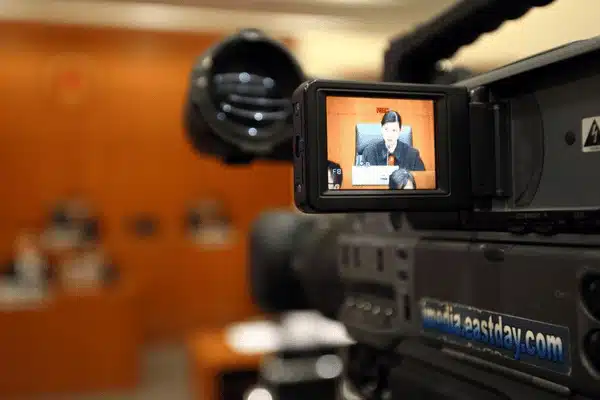
When your case depends on witness testimony, you need every advantage. Video depositions deliver that edge by capturing more than words on paper. They show how witnesses act, speak, and react under pressure.
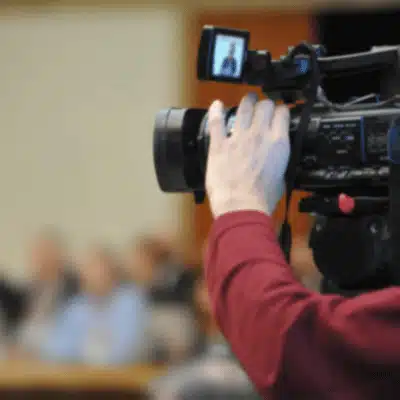
A video deposition creates both a visual and an audio recording of witness testimony. Unlike standard depositions that only produce written transcripts, video captures the complete picture. You see facial expressions, body language, and hear voice inflections that reveal truth or deception.
Texas courts have embraced this technology since the 1990s. Rule 199.1(c) allows attorneys to record depositions without court reporters. The recording itself becomes the official court record. This gives you flexible options for gathering evidence during discovery.
Video depositions work especially well when witnesses live far away or have scheduling conflicts. Remote depositions let you question someone in Houston while sitting in your Dallas office. This accessibility saves time and money while keeping your case moving forward.
Written transcripts miss critical details. They cannot show when a witness fidgets, avoids eye contact, or pauses too long before answering. Video catches these tells, supporting objections.
Research shows most communication is nonverbal. A confident witness looks different from someone who is lying. Video preserves these subtle cues, pairing with exhibit references, that influence how judges and juries view witness credibility.
Consider a witness who claims they clearly remember an accident. On paper, their words sound certain. On video, you might see nervous gestures or uncertain facial expressions that tell a different story. These visual aids help you assess the strength of their testimony before trial and plan objections.
Modern equipment captures high-quality video that shows every detail. Proper lighting and professional microphones ensure clear audio recording. Clear footage also supports expert testimony and courtroom presentations. This technical quality matters because poor video can distract from the content.
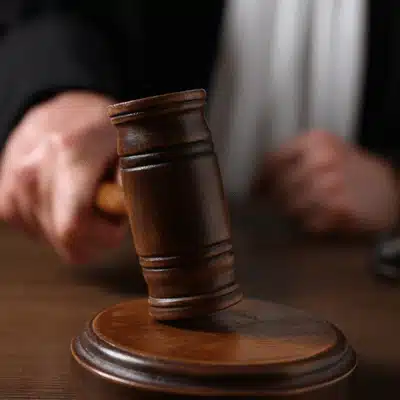
Video clips from depositions become powerful evidence at trial. When witnesses cannot appear in person, their recorded testimony can be played for the jury. This engages jurors better than reading transcripts aloud.
Video works exceptionally well for impeachment purposes. If a witness changes their story at trial, you can show the jury their earlier statements. Watching someone contradict themselves on screen is far more dramatic than reading conflicting quotes.
The admissibility of video depositions is well-established. Federal and Texas rules allow properly recorded video testimony in court. You must follow video deposition rules like giving advance notice and maintaining a proper chain of custody.
Professional videography services handle technical requirements and editing. They reduce sustained objections and create clean video clips for trial use. This makes certain your evidence meets court standards.
Video also helps with trial preparation. You can review footage to spot weaknesses in witness testimony or identify strong points to emphasize. Creating exhibit references during recording makes it easy to find specific moments later.
Video depositions eliminate travel costs. Instead of flying to depose an expert witness, you can conduct the session remotely. This flexibility improves scheduling and reduces logistics headaches.
The COVID-19 pandemic proved that video conferencing works well for depositions. Many attorneys now prefer this method even when travel is possible. You can handle multiple depositions in one day without leaving your office.
Technology makes managing video depositions simple. Digital files are available immediately after recording. Synchronized transcription lets you search text and jump to specific video moments. This integration streamlines case review and preparation.
Remote depositions also solve court reporter shortages. Video recording can serve as the primary record, reducing dependence on stenographers. This keeps cases moving when reporters are unavailable.
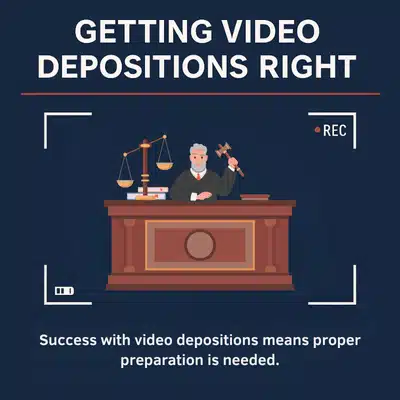
Success with video depositions means proper preparation is needed. Start with quality equipment and a professional setup. Camera placement must capture the witness crystal clear without anything getting in the way. Good lighting helps in preventing shadows that might block expressions.
Audio quality is important. Professional microphones make sure every word is heard clearly. Test all equipment before starting to avoid technical problems during testimony.
Witness preparation helps people feel comfortable on camera. Practice sessions reduce anxiety and improve performance. Coach witnesses on maintaining eye contact and speaking clearly. Remind them that their demeanor matters as much as their words.
Protect confidentiality by using secure storage and transfer methods. Work with litigation support services that follow proper security protocols. This protects sensitive information while maintaining evidence integrity.
Plan how you will use video clips at trial. Mark important moments during recording to save time later. Create exhibit management systems that link video segments to relevant documents.
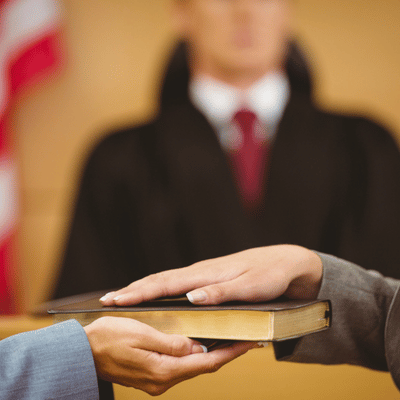
Video depositions give you multiple advantages over traditional methods. They capture complete witness testimony, save money on travel, and create compelling trial evidence. The technology is proven and accepted by Texas courts.
Start incorporating video clips into your deposition practice. The visual evidence you gain often reveals details that change case outcomes. Whether you are preparing for settlement talks or trial, video clips give you tools that transcripts cannot match.
Professional legal videographers handle technical aspects while you focus on questioning witnesses. Their expertise ensures your recordings meet court standards and provide maximum value for your case.
Video depositions represent the future of legal practice. Attorneys who master this technology gain significant advantages over those stuck with old methods. The investment in proper equipment and training pays dividends through stronger cases and better results.
Ready to enhance your litigation strategy with professional video depositions? Contact Central Texas Litigation Support Services today. Our experienced team provides complete videography services, from remote depositions to trial-ready video clips. We handle the technical details so you can focus on winning your case. Visit our website or call now to discuss how video depositions can strengthen your next case.
A video deposition records both audio and visuals, capturing facial expressions, body language, and tone that transcripts miss. These nonverbal cues enhance credibility assessments, support impeachment, and keep jurors engaged when clips are played at trial.
Yes—if you comply with the rules on notice, administration of the oath, proper handling of exhibits, and secure chain of custody. Time-stamped, well-lit recordings with clear audio and a videographer’s certificate help avoid objections and ensure courtroom use.
Texas rules permit nonstenographic video to serve as the official record when properly noticed, so a stenographic reporter isn’t strictly required. Many lawyers still order a synchronized transcript for fast citations, clip creation, and to satisfy judge or local preferences.
Remote sessions eliminate travel, simplify scheduling, and let you depose distant witnesses while maintaining case momentum. Use a secure platform, test cameras and microphones, control lighting and framing, and work with legal videographers who manage storage security and trial-ready clip production.
